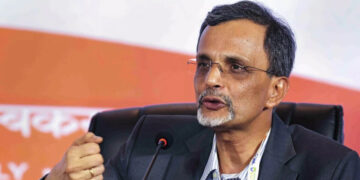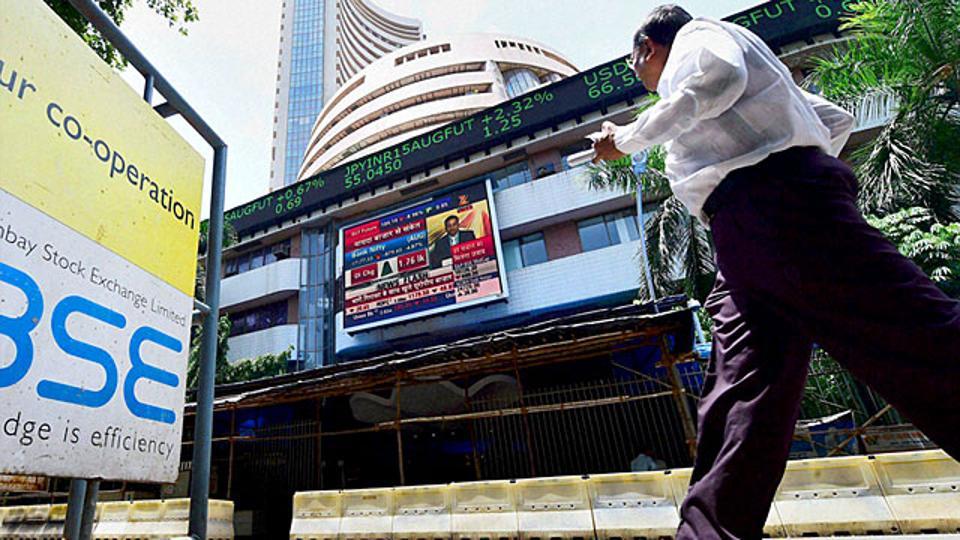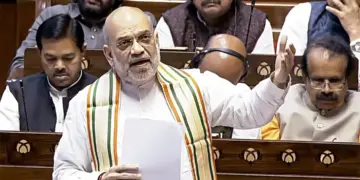New Delhi: India has been ranked 63rd on a global Energy Transition Index released on Wednesday by the World Economic Forum, which said the country has shown significant improvement across energy equity, security and sustainability.
European nations dominated the top ranks with Sweden topping the index, followed by Denmark, Finland, Switzerland and France in the top five.
China was ranked 20th.
The improvement shown by India and some other developing countries such as China and Brazil assumes significance as 83 per cent of countries have moved backwards from last year in at least one of the three energy system performance dimensions -– security, equity and sustainability.
Taking note of various initiatives taken in India, the World Economic Forum (WEF) said the country is leading the way in creating outcomes that can be replicated elsewhere.
It said the governments can also consider creating awareness and policy interventions, such as guidelines for energy-efficient built infrastructure and incentives for retrofitting, to shape an enabling environment for accelerated adoption.
“The developing world has an opportunity to rewrite the rules and show the way to successfully transform energy demand — an example of reverse innovation is frugal, scalable innovation originating in developed countries and then scaled across the world,” it added.
On the role of China and India, the WEF said that with roughly a third of the global population, these two countries will play a critical role.
“Both have experienced progress in renewable energy buildout, energy access improvements and energy security. However, the phase-down trajectory of coal will be a major driver of emissions. Additionally, these countries are in a strong position for green tech manufacturing,” the WEF said.
Globally, the report said the energy transition to a more equitable, secure and sustainable energy system is still progressing but has lost momentum in the face of increasing uncertainty worldwide.
While 107 of the 120 countries benchmarked in the report demonstrated progress on their energy transition journeys in the past decade, the overall pace of the transition has slowed and balancing its different facets remains a key challenge.
“While innovation growth has slowed, countries like China and India are leading in developing new energy solutions and technologies,” it added.
The WEF also lauded the strides made by India in its clean energy infrastructure, with renewable energy and biomass comprising 42 per cent of its power generation capacity, making it the fourth-largest renewables market globally.
With annual investments nearing USD 10 billion, India is driving the adoption of electric vehicles (EVs) and the production of green hydrogen.
“However, the significant dependence on coal in both China and India continues to be a major factor in their emission intensity,” it said.
Emerging and developing Asia, including populous nations like India and China, showed an 8 per cent improvement in ETI scores over the past decade, mainly in reducing energy intensity.
The WEF also noted India’s focus on leveraging energy for income generation and supporting microenterprises through the productive use of renewable energy sources.
“There is also a strong emphasis on ensuring the affordability and economic viability of these solutions, underscoring India’s commitment to promoting sustainable energy practices that benefit local communities and drive economic growth,” it added.
India’s per capita emissions, at 1.7 tonnes of CO2, are already 60 per cent lower than the global average of 4.4 tonnes of CO2 per capita.
“However, there is still a need to decouple growth from energy demand. This requires significant investment in energy efficiency, particularly during the development of new infrastructure and manufacturing capacity,” it said while noting that India has been taking multiple initiatives in this regard.





